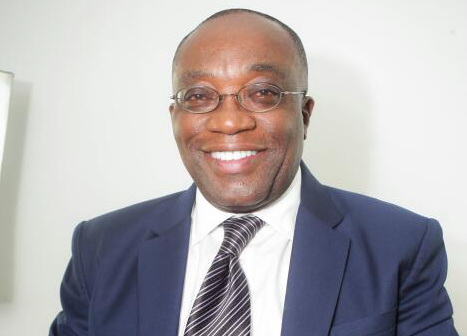The Driver and Vehicle Licensing Authority (DVLA), is transforming into one of the best run non-subvented state institutions in Ghana at the moment.
Through the help of technology, the authority has improved its efficiency and become one of most innovative institutions in the country.
The DVLA, which is an agency under the Ministry of Transport, was formed in 1999 by an act of Parliament (Act 569). The Authority provides a regulatory framework for the registration of vehicles in the country.
However, over the years, aside inefficiency and poor customer service issues, the DVLA has been dealing with the phenomenon of “Goro boys”. The consequences of this phenomena stained the corporate image of the authority, and caused revenue losses as a result of nefarious activities.
The “Goro boys”, act as middlemen for the issuance of fake vehicle registration licenses and roadworthy documents to the unsuspecting public.
This fraudulent practice has brought upon the DVLA the unenviable tag of corruption. It has had this tag on its neck for a very long time.
Owing to this, the Transparency International in 2016 ranked it as one of the most corrupt public institutions in Ghana.
Changing the story

But the narrative is different now thanks to the ingenuity of its Chief Executive Officer, Kwasi Agyeman Busia.
Backed by its governing board, Mr Busia, in 2017, together with his management team developed a two-year strategic business plan to change the fortunes and the public perception of the DVLA.
As a result of this, the DVLA, has today, become a shining example of a well-managed state institution.
The Transparency International, who had earlier labelled the DVLA among the most corrupt state institutions in the country, awarded it for being the best in administrative reforms in the public sector in 2019.
Similarly, Mr Busia was also adjudged as the Chief Executive Officer of the year for 2019, in the Public sector category, at the Fourth Ghana CEO Awards in May last year.
Apparently, all those accolades were given to the authority and its boss in recognition of the reforms it had initiated.
Speaking at a recent virtual roundtable discussion organised by Ishmael Yamson and Associate, Mr Busia explained that the strategic business plan has enabled the DVLA to become efficient, sustainable and autonomous in the discharge of its mandate.
He further explained that the plan has also helped the DVLA to block all of its revenue leakages, wiping out the “Goro boys” menace in the process.
“DVLA has had the opportunity, in the last three years, to leverage the broad thinking of strategic plan that project people, process and technology. Synthesize them as a common field of priority against strategic pillars, placing the customer as the centerpiece”, he said.
The strategic plan
Christined the “Double, Double Business plan”, the document, he said, became the fulcrum of the success story of the new DVLA.
“Double, double”, according to him, means doubling the revenue and impact of the DVLA in a period of two years.
The focus of the plan, Mr Busia said, was to rely on the use of technology in the application or acquisition of driver’s licence and registration of vehicles as well as in the other services it render.
This, he said, was in furtherance of President Akuffo-Addo’s digital transformation agenda for the country.
The strategic business plan, he again explained, focused on six tactical action plan.
Those tactical plans are; the creation of a new and highly enhanced image, ensuring serious optimization via technology, ensuring financial autonomy and sustainability, being customer focused, developing human capital and launching a vigorous research into business development and innovation.
He said the authority has taken measures to digitise all of its vehicle records to facilitate the automation of registrations.
Consistent with its pursuit of digitisation, he said, the authority commenced an electronic vehicle registration process which has ensured that vehicle owners register their cars in few hours.
In addition to this, he said the authority has created a research business development and innovation department to spearhead its business operations.
He added that they have also created a number of satellite centres to bring their services closer to their clients. Adding that they have also introduced a tech drive service to cater for the needs of students and corporate clients.
By Salifu B.B. Moro





